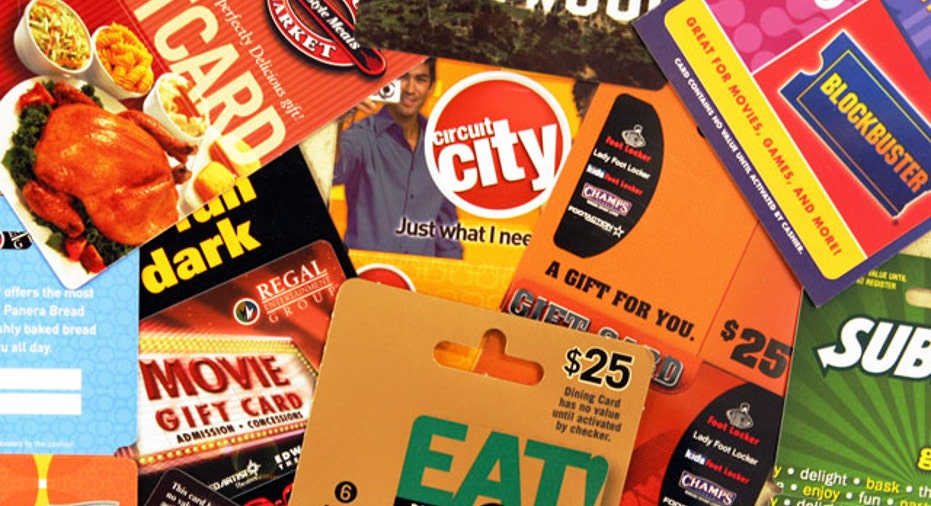What to Do With All of Those New Store Credit Cards

Many people simply can’t resist a discount offer. So when holiday shoppers hear that they can save some money on their purchases when they apply for a store credit card, many will do so nearly every time.
The result can be a wallet full of new store credit cards which may not be of much use in the future. Having so many open and unused lines of credit can create some hazards, as well as some opportunities.
Here are some the things that you should consider doing with all of your store credit cards:
1. Pay the balances in full. One of the reasons retailers love to offer their own credit cards is that these products are extremely profitable. In addition to driving shoppers back to the store, these cards tend to have interest rates that are much higher than similar credit cards that are not co-branded with a retailer. So if you have to choose between carrying a balance on a store card with interest rates of over 20%, or another card with interest rates of 15% or lower, be sure to pay off the store cards with the higher rates first.
2. If you can’t pay your balance in full, transfer it. Since store credit cards tend to have higher interest rates, it can be very costly when you carry a balance on them for a long time. Instead, cardholders can open a new account with a 0% APR balance transfer offer. Once approved for one of these accounts, cardholders can immediately transfer their existing balances from their high interest store cards to an interest-free promotional financing account. With most of these offers, cardholders must pay a 3% balance transfer fee, but the Chase Slate currently offers 15 months of interest-free financing on balance transfers, with no balance transfer fee.
3. Don’t look at these new lines of credit as a license to spend more. Unfortunately, some credit card users see their lines of credit on store cards as money that is available to spend at their whim. For these cardholders, having several new cards can be toxic to their finances. If you originally signed up for a new store credit card to receive a discount but now find yourself overspending, it might be time to cut up your cards or close your account.
4. If you can manage them responsibly, keep the accounts open. Those who have their spending under control can find it helpful to hang on to their store credit card accounts, especially if they have a limited credit history. In this case, each open account adds to their credit report and can help their credit scores (you can get your credit scores for free on Credit.com to see how your credit cards are affecting them). In addition, keeping these unused lines of credit open can also help your credit score by reducing your debt-to-credit ratio, for a given amount of debt. So if you don’t use these credit cards much, there is no reason to cancel the accounts.
5. Store the unused cards in a safe place. If your wallet is now bulging with unused cards, it’s time to clean it out. Doing so keeps these cards from being lost or stolen throughout the year. Just be sure to keep them in a secure place at home, not in your car or in a shared workspace.
Note: It’s important to remember that interest rates, fees and terms for credit cards, loans and other financial products frequently change. As a result, rates, fees and terms for credit cards, loans and other financial products cited in these articles may have changed since the date of publication. Please be sure to verify current rates, fees and terms with credit card issuers, banks or other financial institutions directly.
At publishing time, the Chase Slate credit card was offered through Credit.com product pages, and Credit.com may be compensated if our users apply for and ultimately sign up for this card. However, this relationship does not result in any preferential editorial treatment.
More From Credit.com
How to Lower Your Credit Card Interest Rates6 Smart Credit Card StrategiesHow to Get a Credit Card With Bad Credit
Jason Steele has worked as a computer systems administrator, a commercial pilot, and a contributor to several of the top personal finance sites as an expert on credit cards and travel. He is a graduate of the University of Delaware with a degree in History. More by Jason Steele



















